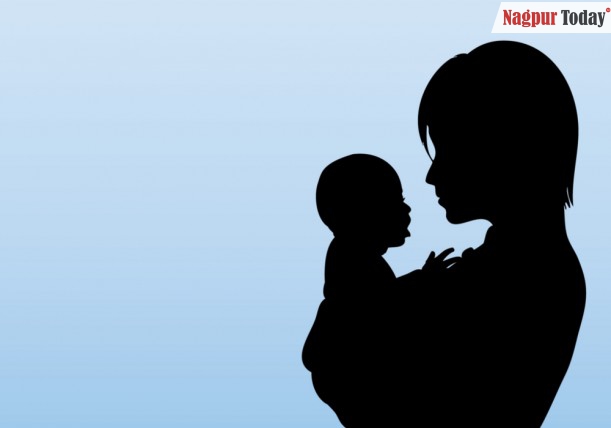
Nagpur: A recent study conducted by the Obstetrics and Gynaecology Department of Government Medical College and Hospital (GMCH), Nagpur, has uncovered startling revelations regarding pregnancies among unwed mothers. The findings shed light on the pervasive vulnerabilities faced by young women within their communities and households, compounded by a lack of access to comprehensive sexual health education, a report in a local daily said.
Led by Dean Dr. Raj Gajbhiye and spearheaded by Dr. Renuka Deshmukh, the research analyzed data from 105 cases reported to GMCH between 2021 and 2023. The study unearthed a shocking statistic: In a staggering 88.7% of pregnancies among unwed mothers, the biological father was identified as either a neighbour (55.2%) or a close relative (30.5%).
The average age of the women involved in the study was approximately 21 years, with 42.9% falling within the 18-22 age bracket. The research also underscored the rural-urban disparity, with 53.3% of cases hailing from rural areas compared to 46.7% from urban areas. Disturbingly, the study revealed that 21% of unwed mothers were minors aged between 12 and 17, highlighting the vulnerability of adolescents to sexual exploitation.
The consequences of such pregnancies varied significantly. A majority (54.3%) of the women opted for medical termination of pregnancy during the second trimester. For cases resulting in live births, the outcomes were equally distressing: 12.5% of newborns died shortly after delivery, 37.5% were placed in orphanages, and only half (50%) were raised by their biological parents.
These findings underscore the urgent need for targeted interventions to address the complex social and healthcare challenges surrounding pregnancies among unwed mothers. It is imperative to enhance access to comprehensive sexual health education, strengthen community support systems, and implement measures to safeguard the rights and well-being of vulnerable women and adolescents. Failure to address these issues comprehensively could perpetuate cycles of exploitation and endanger the lives and futures of countless young women and children.














